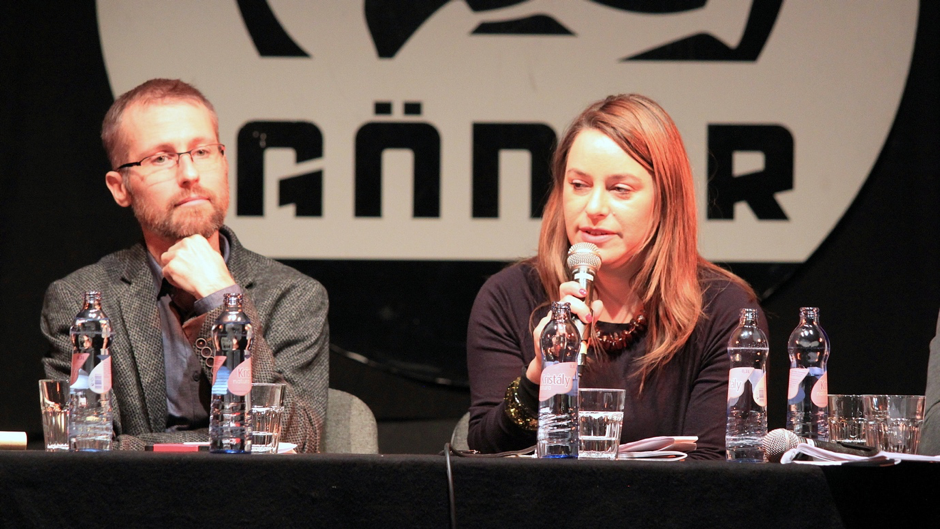More than 250 organisations, including HRHF, have issued a joint statement calling on the Hungarian parliament to reject proposed laws that would further restrict the ability of Hungarian civil society organisations to carry out their work.
“Human rights defenders are often the last line of defence for a free and just society and undertake immense personal risks and sacrifices to do their work… Countries need to put laws in place which keep human rights defenders safe from harm, rather than introducing repressive laws that aim to silence those who speak out,” reads the statement.
Referring to the draft laws as “Operation Starve & Strangle,” Hungarian Helsinki Committee and Hungarian Civil Liberties Union warn that the threat is now existential, with these laws representing potentially lethal blows to Hungarian civil society and also targeting individuals. Should the proposals be adopted in spring 2018 without major changes, they warn, this will cause “grave and irreparable damage to Hungarian civil society,” and open the door to “further arbitrary and politically motivated measures.”
The Hungarian government introduced the draft laws to the parliament on 13 February. They would require Hungarian civil society organisations to falsely label their own activities as “promoting illegal migration,” would impose arbitrary and disproportionate administrative burdens and exorbitant fines, and would place unjustified restrictions on the right to freedom of movement. They come on top of years of laws and actions that have reduced the space for civil society in Hungary.
The laws were first proposed by the government on 18 January, as Human Rights Houses and partners held events across Europe warning of the threats posed by illiberal governments. Hungary is one of four countries examined in the recent case study Resisting Ill Democracies in Europe, published by Human Rights Houses, HRHF, and the Hungarian Helsinki Committee and Hungarian Civil Liberties Union. The case study identifies the main trends within ill democracies and offers practices and strategies for civil society to resist.
At the launch of the case study in Budapest on 24 January, Márta Pardavi from the Hungarian Helsinki Committee warned that new legislation attacking civil society in Hungary is part of broader strategy, which is unprecedented in Hungary and the EU.

Panel discussion at the Budapest launch of the case study Resisting Ill Democracy in Europe. From left: Miklós Haraszti, Malgorzata Szuleka, Máté Szabó, Márta Pardavi, Ivan Novosel, Pál Réti.
Miklós Haraszti, Hungarian academic and human rights promoter, heralded civil society as the “best way to protect human rights and democracy.” In Hungary these days, it is unfortunately civil society that is in need of protection.
Documents:
- Factsheet: Resisting Ill Democracy in Europe
Read the fact sheet for an introduction to report a summary of the findings.
- Resisting Ill Democracies in Europe (English)
Identifying the main trends within ill democracies, and offering practices and strategies for civil society to resist.
- Resisting Ill Democracies in Europe (Hungarian)
Operation Starve & Strangle
Briefing paper on the new restrictive “Stop Soros” laws, published by Hungarian Helsinki Committee and Hungarian Civil Liberties Union.
“Stop Soros” legislative package in English
Hungarian Helsinki Committee has produced an unofficial translation of the legislative package.
Civil society under attack in Hungary
More on the story from Amnesty International Hungary: Civil society under attack in Hungary





